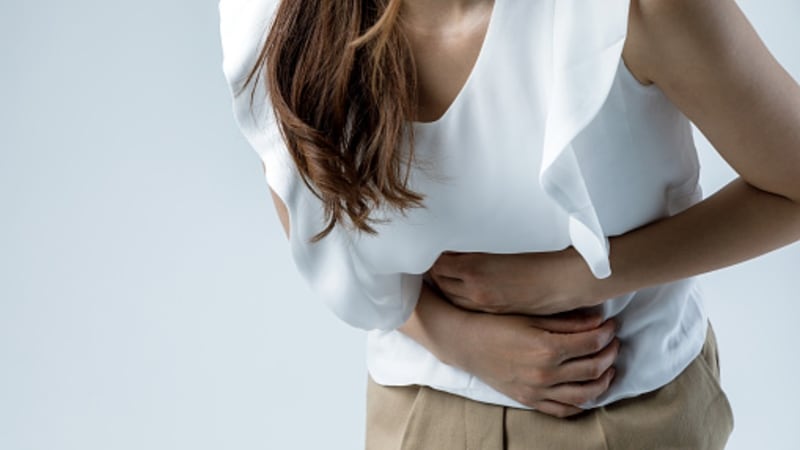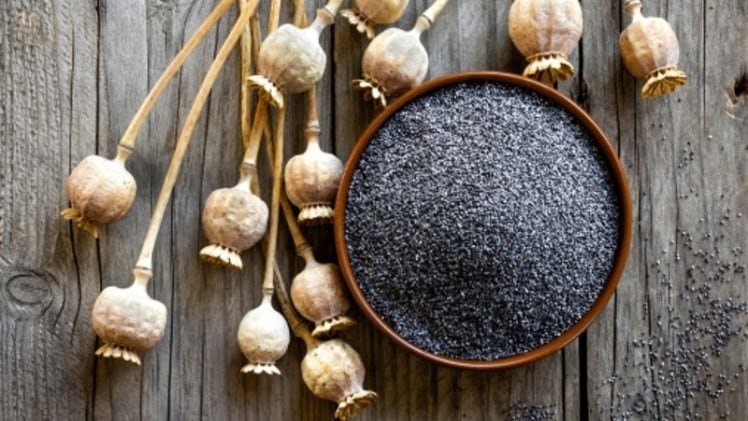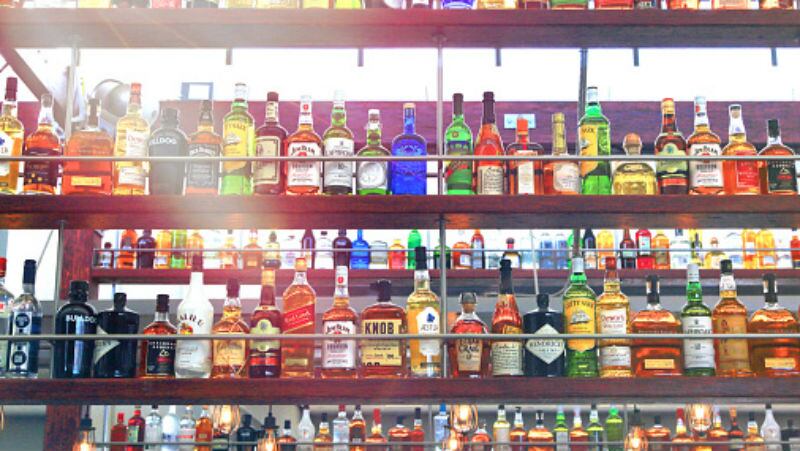According to data from South Korea’s Ministry of Food and Drug Safety (MFDS), food poisoning cases in the country have increased year-on-year from 279 in 2021 to 333 in 2022.
It recently convened a national multi-ministerial meeting focused on the ‘2023 Food Poisoning Prevention Measures’ to strengthen food safety management.
“Providing early warning is crucial to prevent food poisoning cases from spreading and this will be one of our key strategies in 2023, along with strengthening education and publicity to prevent and manage ongoing cases as well as to strengthen inter-ministerial collaboration as well as on-site inspections,” MFDS Minister Oh Yu-Kyoung told the floor at the meeting, which was attended by 28 central and state government bodies including the Ministries of Education, Justice, Agriculture and Food, Environment, Welfare and more.
“There is a need to improve on existing systems and establish a centralised one that can spread information of food poisoning cases [to vulnerable areas] such as schools with regard to food poisoning, especially with regard to providing early warning of any such cases to any establishments that have received the affected food products to prevent further spread.
“There is currently an early warning system for food poisoning that exists but at this time warning coverage is not comprehensive [and more improvements are needed] in line with changes in consumption culture such as an increase in delivery food.”
The meeting also concluded that various ministries need to play individual roles in this strategy, e.g. the Ministry of Education will be in charge of conducting customised on-site trainings and consultations related to food safety for those handling food that accesses many consumers; and the Ministry of Health and Welfare will need to conduct more hygiene management and safety inspections.
“The Ministry of Agriculture, Food and Rural Affairs (MAFRA) plays a particularly important role to conduct contamination checks on items such as raw vegetables, meat, eggs and milk to prevent bacteria and viruses from entering the food system,” Oh added.
“Norovirus-related food poisoning has been especially concerning in South Korea, occurring in places such as daycare centres, kindergartens, restaurants, pubs and so on.
“Currently the number of food poisoning cases locally is about 100 per million population, which is manageable, but there is always the risk of increase due to various factors such as climate change, so more vigilance is required.”
Food safety inspections up and running
MFDS has already commenced conducting its own food safety checks and investigations into various food items, starting with those considered high-risk for the country.
“Major targets of inspection in the first quarter of 2023 have been those that have had many instances of non-conformity to existing food safety standards in the past including pastes, teas, honey, processed grain products, tofu, fruit and vegetable juices, as well as bread items,” MFDS stated.
“Major contaminants of concern are aflatoxin in soy sauce, metals in tea, colliformic bacteria in tofu, as well as ethylene oxide and 2-chloroethanol in ramen.
“There is also widespread concern when it comes to imported foods, and at the customs clearance stage safety checks have found items such as ramen, snacks and seasoned seaweed to be issues – from 2020 to 2022 [even big brands such as] Nongshim (17 cases), Samyang (10 cases) and Ottogi Ramen (five cases) all registered non-conforming products when tested so vigilance is much required.”
The rest of 2023 will see MFDS collecting and inspecting more types of food products – Q2 will focus on foods making on-label claims of dietary benefits, Q3 on processed insect foods and Q4 on custom bakeries and cakes.





